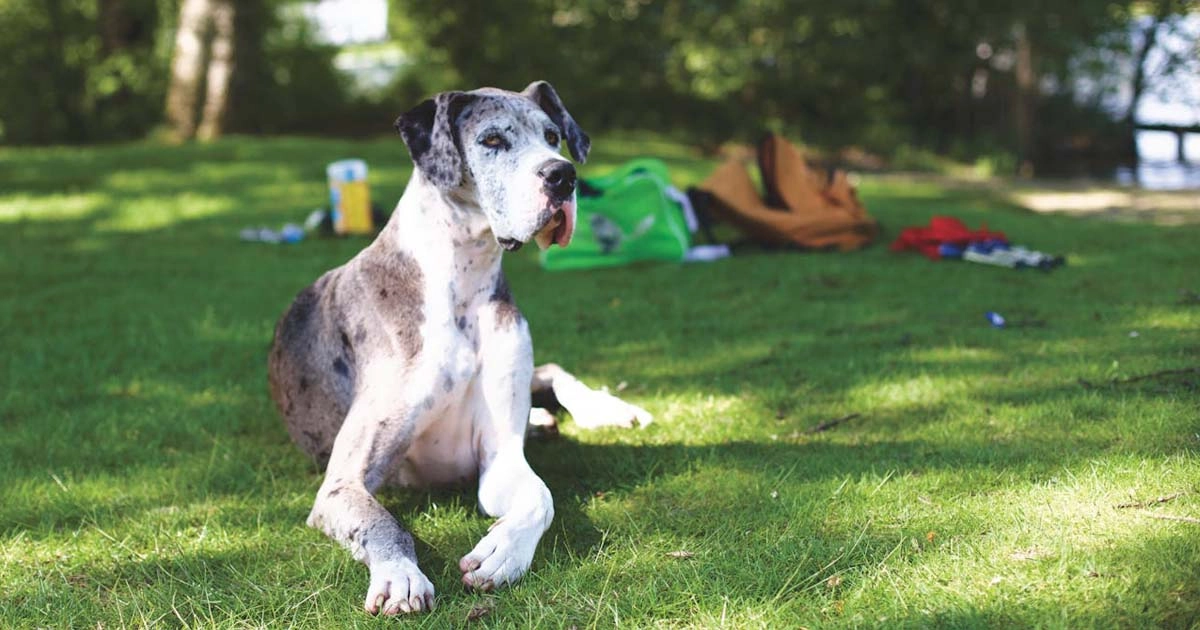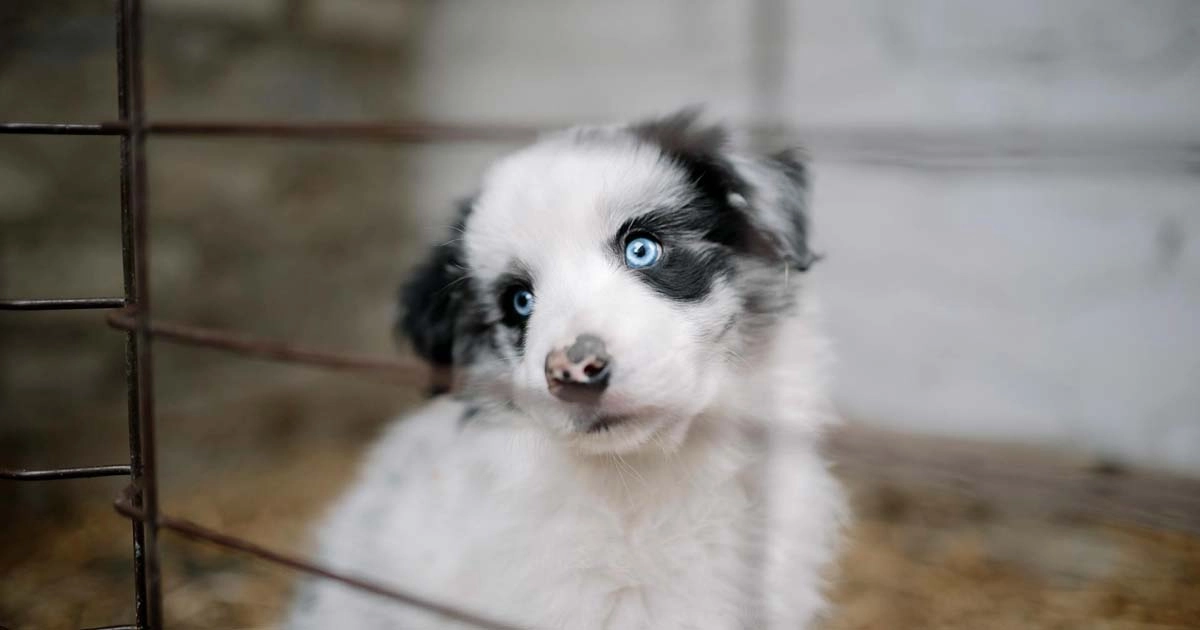Spring allergies: Does your dog suffer from Spring allergies?

Dog
19/03/2024

The official start of Spring is only a week away! Along with the beauty of the blossoms, grass blades, tree leaves, and every emerging bud come pollens. Just like their owners, dogs can and do suffer from allergies when their immune systems mistakenly tag certain substances as being potentially dangerous to them.
Their symptoms are similar to ours: itching, runny eyes, sneezing, etc. Besides pollens, the same triggers common for people are common for dogs, including mold, dust, feathers, perfumes, and cigarette smoke. Does your dog suffer from spring allergies? This article from The American Society for the Prevention of Cruelty to Animals discusses allergies in dogs at length.
Which dogs are at risk for getting allergies?
Any dog can develop allergies at any time during his life, but allergic reactions seem to be especially common in terriers, setters, retrievers, and flat-faced breeds such as pugs, bulldogs and Boston terriers.
How can dog allergies be treated?
The best way to treat allergies is to remove the offending allergens from the environment.
- Prevention is the best treatment for allergies caused by fleas. Start a flea control program for all of your pets before the season starts. Remember, outdoor pets can carry fleas inside to indoor pets. See your veterinarian for advice about the best flea control products for your dog and the environment.
- If dust is the problem, clean your pet’s bedding once a week and vacuum at least twice weekly—this includes rugs, curtains and any other materials that gather dust.
- Weekly bathing may help relieve itching and remove environmental allergens and pollens from your dog’s skin. Discuss with your vet what prescription shampoos are best, as frequent bathing with the wrong product can dry out skin.
- If you suspect your dog has a food allergy, she’ll need to be put on an exclusive prescription or hydrolyzed protein diet. Once the allergy is determined, your vet will recommend specific foods or a home-cooked diet.
Note that severe cases can develop into bronchitis, similar to humans. Therefore, if you notice any of the symptoms, visit your veterinarian immediately.











